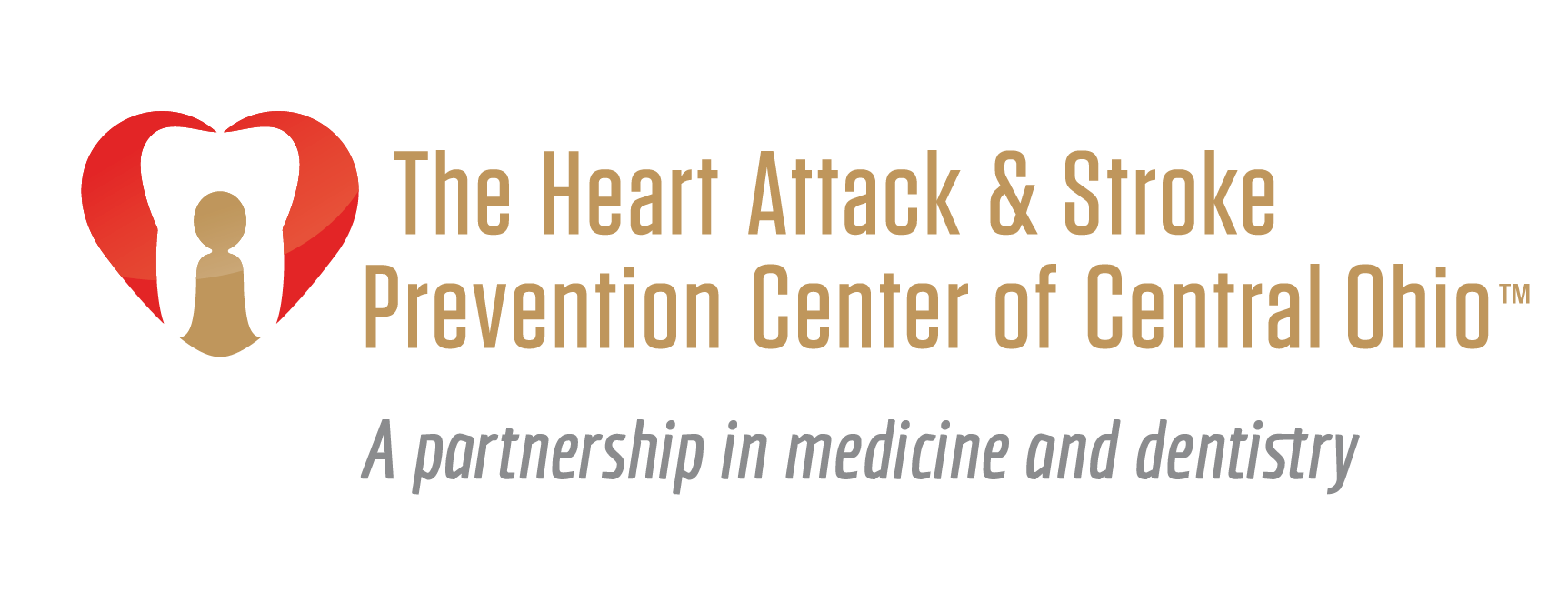Sleep Apnea Increases Risk of Heart Attack & Stroke
- Eric Goulder, MD, FACC

- Sep 26, 2022
- 3 min read
Updated: Nov 15, 2022
Obstructive sleep apnea
More than 25 million adults in the United States are believed to have moderate to severe sleep apnea. Obstructive Sleep Apnea is one of the most commonly undiagnosed medical conditions in America with an average of 75% of severe cases being undiagnosed in this country. Screening for sleep apnea is important for heart attack and stroke prevention, as sleep apnea significantly increases the risk for stroke and cardiovascular disease.
What is obstructive sleep apnea?
Obstructive sleep apnea is a sleep disorder in which breathing repeatedly stops and starts throughout the night. Obstructive sleep apnea occurs when the upper airway becomes blocked sporadically while sleeping, reducing airflow, or in some cases, completely stopping it. The blockages arise when the muscles in the mouth and throat relax and loosen while sleeping constricting the airway.
These breathing disruptions can prevent deep, restful sleep, leaving you at greater risk of developing other major underlying health issues such as high blood pressure, diabetes, hormonal disorders, depression, stroke, asthma, acid reflux, weight gain, heart failure, cognitive decline, and car accidents.
Common symptoms:
Excessive daytime sleepiness
Loud snoring
Witnessed apneas
Restless sleep and awakenings
Unrefreshing sleep
Nocturnal/early morning chest pain
Sexual dysfunction
Morning headache
Cognitive problems
Depression
Obstructive sleep apnea increases the risk of:
Heart failure by 140%
Stroke by 60%
Coronary heart disease by 30%
Prevalence of stroke
Obstructive sleep apnea plays a significant role in the development of stroke. The severity of obstructive sleep apnea is directly related to the increase in stroke incidence. Obstructive sleep apnea is highly prevalent in stroke patients who are not actively being treated. CPAP, one of the many interventions for sleep apnea, is proven to improve neurological symptoms in stroke patients. In the event a patient has a history of stroke, the likelihood of stroke recurrence increases significantly, as one-third of strokes result from a patient’s previous history of stroke. Recurrent strokes can be caused by untreated obstructive sleep apnea, making it critical to screen and treat obstructive sleep apnea as preventative health care.
Prevention of cardiovascular disease
An increased risk for congestive heart failure and cardiovascular disease are present in individuals with obstructive sleep apnea, the most common sleep-disordered breathing. In 2021, The National Commission of Sleep Disorders Research estimated sleep apnea is responsible for 38,000 cardiovascular deaths each year, with 42 million dollars spent on related hospitalizations. Moderate sleep apnea is equivalent to smoking one pack of cigarettes a day on the cardiovascular system. Evidence also shows CPAP therapy with continuous positive airway pressure improves left ventricular systolic function, reduces blood pressure, and decreases platelet activation. This further confirms the direct relationship between sleep apnea and cardiovascular disease. Individuals with sleep apnea are two to four times more likely to develop abnormal heart rhythms (heart arrhythmias) than people without sleep apnea. Furthermore, the risk of heart failure is increased by 140% and increases the risk of coronary heart disease by 30%.
Sleep apnea is preventable through targeted, preventative care. If you are at risk or interested in a preventative approach to your health, we invite you to contact us for sleep apnea screenings. You can take action now, before something happens, and experience the power of preventative healthcare in Columbus, Ohio. Contact us at the Heart Attack and Stroke Prevention Center of Central Ohio to learn more and schedule an appointment today.
The Heart Attack and Stroke Prevention Center of Central Ohio, located in Columbus, OH, is the first center in the nation to feature the expertise of cardiology and dentistry under one roof, providing a personalized experience for every patient. For further information, questions, or to schedule an appointment, contact the office at (614) 412-1157.




Comments